FutureIoT writes that the study, made by IDC, showcases that companies who already implemented automation technologies are also more serious when it comes to sustainability in general.
Neil Ward-Dutton, vice president of automation, analytics, and AI at IDC Europe, said that "sustainability is a major strategic priority for businesses, and organizations the world over are moving quickly to define sustainability goals and incentives. However, when it comes to operationalizing sustainability initiatives, there are significant business and technology challenges that make progress difficult."
At the same time, Rob Enslin, co-CEO at UiPath, believes that automation technologies help implementing sustainability efforts at all times, essentially eliminating the operational gaps and makes taking action possible at any given time.
40% of the global CEOs surveyed stated that sustainability efforts in their companies are being driven by operational efficiencies and cost saving, while 33% say that they are implementing such initiatives for the added brand value and trust. In 68% of the cases, there is a dedicated sustainability expert in the company taking care of such initiatives.
For sustainability program priorities, over a third of the executives said that IT efficiency is among the most important actions, while 28% said that responsible sourcing of the resources is at the top of the priorities. Additionally, 27% of the CEOs said that energy efficiency and employee-wellbeing, health and safety are the most important sustainability efforts.
In the eyes of executives, automation for sustainability initiatives has important benefits, some of which are the ability to source data more easily (55% of the cases), developing new strategies (53%) and easier understanding of performance and improvement metrics (52%).
 Mihai - Cristian Ioniță
Mihai - Cristian Ioniță

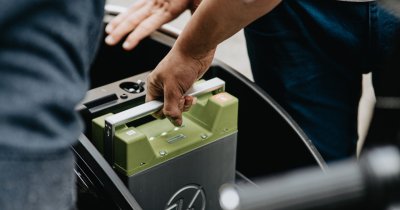


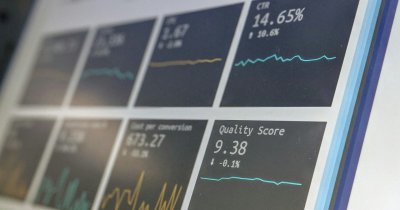
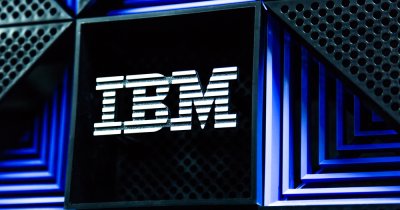

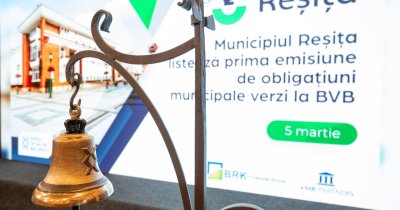


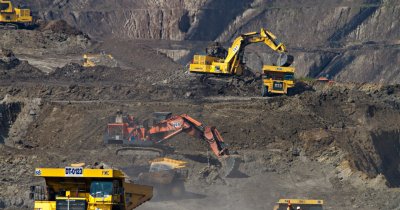

Any thoughts?